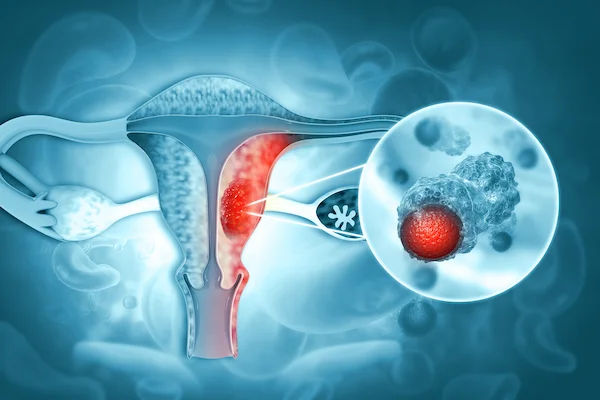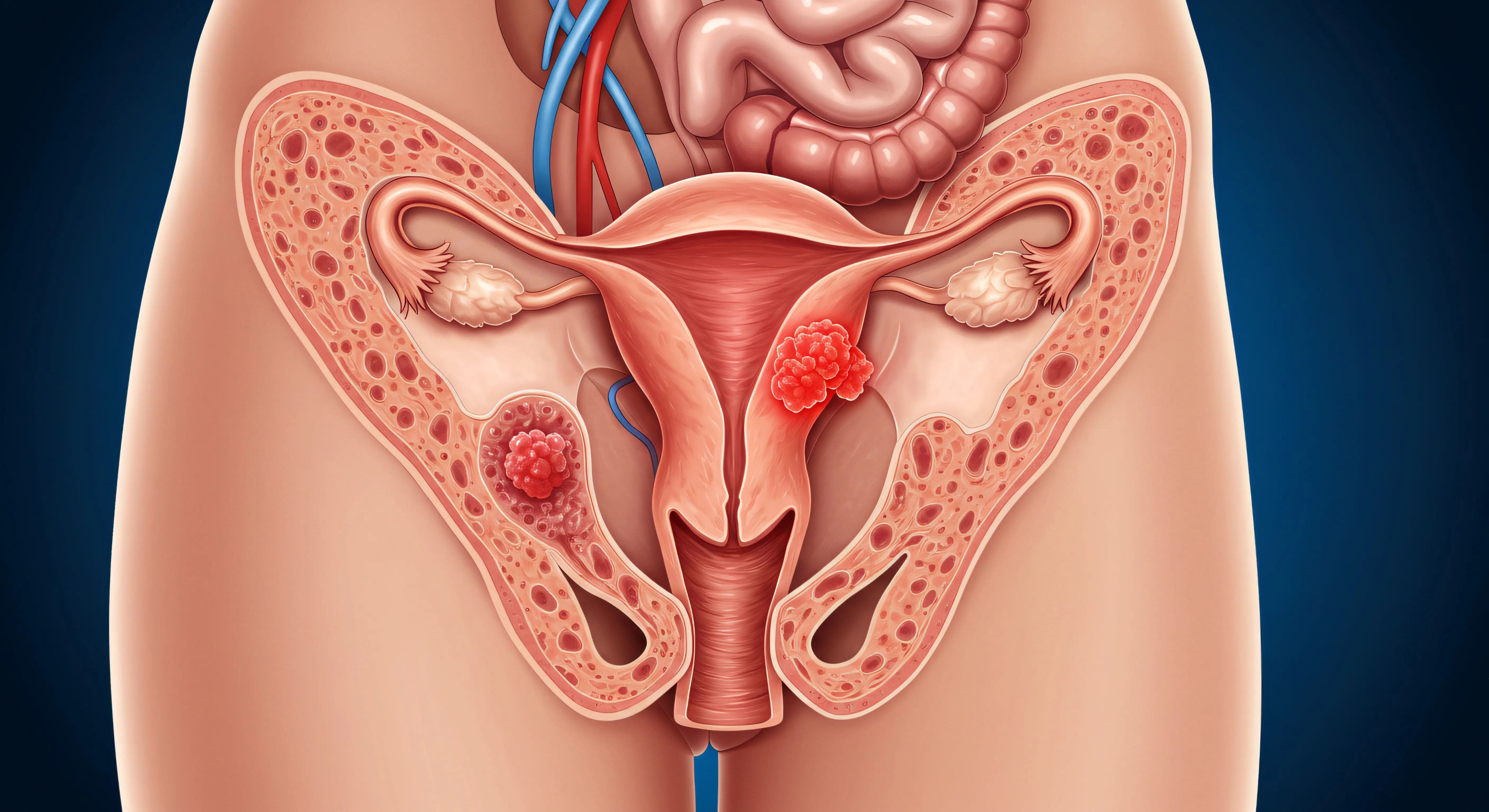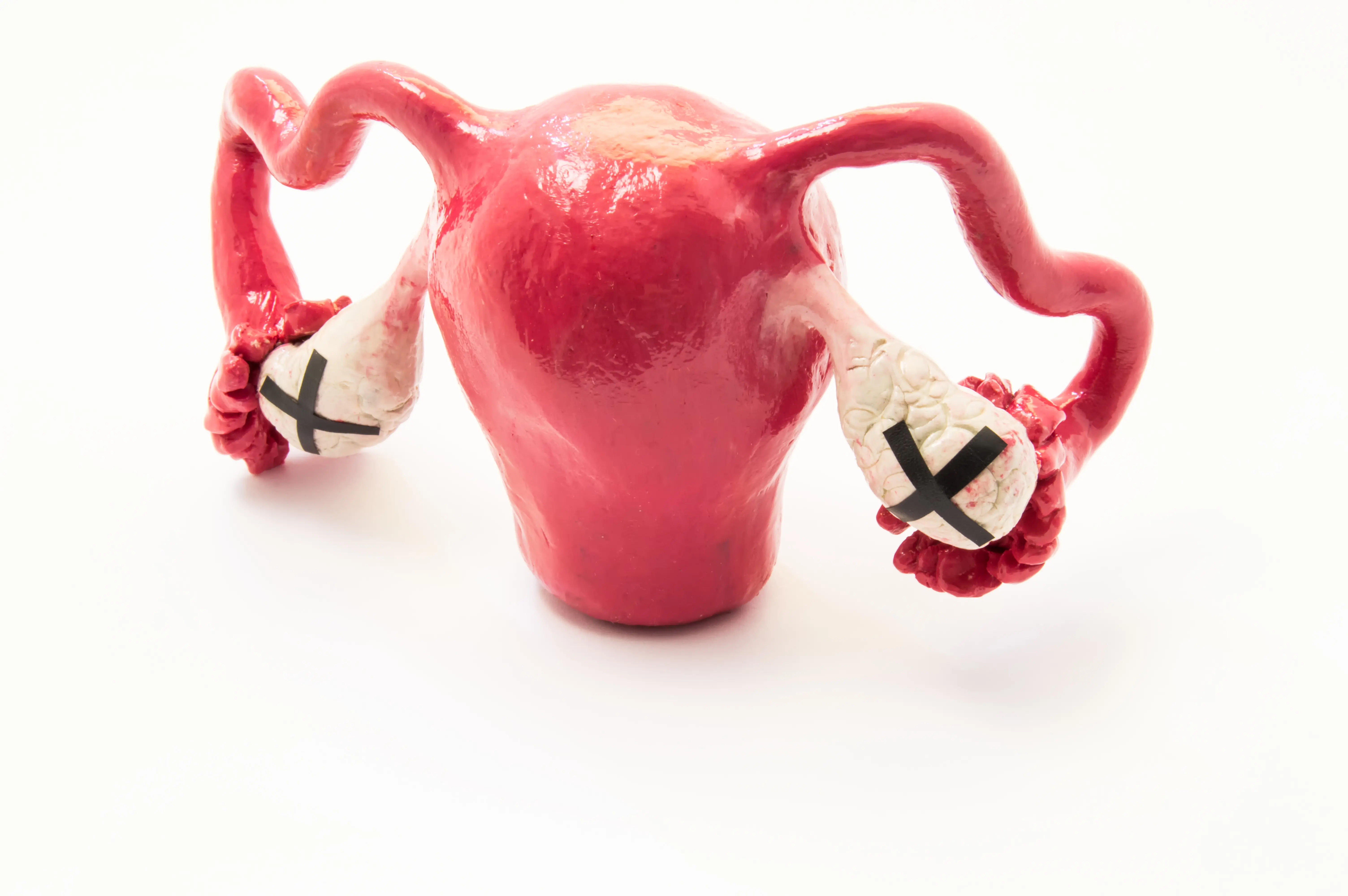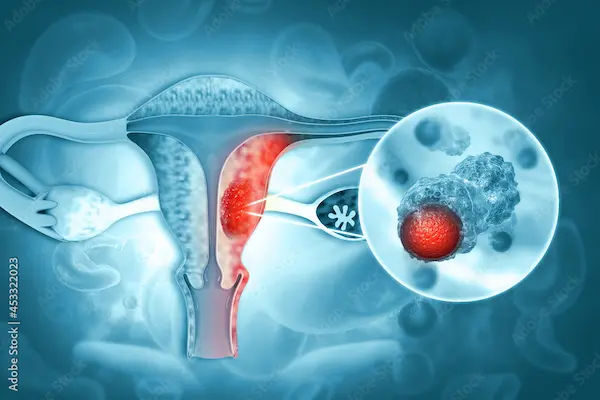Ovarian Cancer: Understanding Back Pain Fluctuations
know how ovarian cancer is related to back pain. Learn about the symptoms, causes, management and diagnostic options for the same.

Written by Dr. Siri Nallapu
Reviewed by Dr. Dhankecha Mayank Dineshbhai MBBS
Last updated on 13th Jan, 2026

Introduction
Ovarian cancer is a serious health condition that affects many women worldwide. One of the lesser-known symptoms of ovarian cancer is fluctuating back pain. While back pain is common and often harmless, persistent or worsening pain—especially when accompanied by other symptoms—could be a sign of something more serious.
This article will help you understand how ovarian cancer may cause back pain, what other symptoms to look out for, and when to seek medical advice.
What is Ovarian Cancer?
Ovarian cancer occurs when abnormal cells in the ovaries grow uncontrollably, forming a tumour. The ovaries are part of the female reproductive system and produce eggs as well as hormones like estrogen and progesterone.
Ovarian cancer is often called the "silent killer" because its symptoms can be vague and easily mistaken for other less serious conditions. However, early detection can significantly improve treatment outcomes.
Why Does Ovarian Cancer Cause Back Pain?
Back pain in ovarian cancer can occur due to several reasons:
1. Pressure from the Tumour
As the tumour grows, it may press against nerves or organs in the pelvic area, leading to lower back pain.
2. Spread of Cancer (Metastasis)
If cancer spreads to the spine or nearby tissues, it can cause persistent back pain.
3. Fluid Buildup (Ascites)
Advanced ovarian cancer can cause fluid accumulation in the abdomen, increasing pressure on the back.
Unlike regular back pain, which may improve with rest or painkillers, ovarian cancer-related back pain tends to:
Be persistent or worsen over time
Be dull and aching rather than sharp
Not improved with usual treatments like massage or heat therapy
Other Symptoms of Ovarian Cancer
Back pain alone is rarely a sign of ovarian cancer, but when combined with other symptoms, it may indicate a problem. Watch out for:
Bloating or abdominal swelling that doesn’t go away
Pelvic pain or discomfort
Feeling full quickly when eating
Frequent urination or urgency
Unexplained weight loss or gain
Fatigue
Changes in bowel habits, like constipation or diarrhoea.
If you experience these symptoms for more than two weeks, consult a doctor.
Consult Top Oncologist for specialised advice
Who is at Risk?
While ovarian cancer can affect anyone, some factors increase the risk:
Age is most common in women over 50
Family history of ovarian or breast cancer
Genetic mutations BRCA1 or BRCA2 genes
Hormone replacement therapy for long-term use
Endometriosis
Never having been pregnant
When to See a Doctor?
If you have persistent back pain along with other symptoms like bloating, pelvic pain, or changes in appetite, don’t ignore them. Early diagnosis is crucial for better treatment outcomes.
Diagnosis & Tests
Your doctor may recommend:
Pelvic exam
To check for abnormalities.
Ultrasound or CT scan
To visualise the ovaries.
Blood test (CA-125)
A tumour marker test (though not definitive alone).
Biopsy
To confirm cancer presence.
Managing Ovarian Cancer & Back Pain
If diagnosed with ovarian cancer, treatment depends on the stage and may include:
Surgery
To remove the tumour.
Chemotherapy
To kill cancer cells.
Radiation therapy
In some cases.
For back pain relief:
Pain medications as prescribed by a doctor
Gentle exercises like yoga and stretching
Heat or cold therapy
Physical therapy
Lifestyle & Prevention Tips
While not all ovarian cancers are preventable, these steps may help lower risk:
Maintain a healthy weight
Eat a balanced diet rich in fruits, vegetables, and whole grains
Exercise regularly
Avoid smoking
Consider genetic counselling if you have a family history
Consult Top Oncologist for specialised advice
Consult Top Oncologist for specialised advice

Dr Gowshikk Rajkumar
Oncologist
10 Years • MBBS, DMRT, DNB in Radiation oncology
Bengaluru
Apollo Clinic, JP nagar, Bengaluru

Dr.sanchayan Mandal
Medical Oncologist
17 Years • MBBS, DrNB( MEDICAL ONCOLOGY), DNB (RADIOTHERAPY),ECMO. PDCR. ASCO
Kolkata
Dr. Sanchayan Mandal Oncology Clinic, Kolkata

Dr. Sanchayan Mandal
Medical Oncologist
17 Years • MBBS, DrNB( MEDICAL ONCOLOGY), DNB (RADIOTHERAPY),ECMO. PDCR. ASCO
Kolkata
MCR SUPER SPECIALITY POLY CLINIC & PATHOLOGY, Kolkata
Dr. B Shravanthi Reddy
Radiation Specialist Oncologist
8 Years • MBBS, DNB(Radiation Oncology)
Manikonda Jagir
Apollo Clinic, Manikonda, Manikonda Jagir

Dr. Amit Kumar Jain
Medical Oncologist
7 Years • MBBS, MD, Dr. NB (Medical Oncology)
Bengaluru
Apollo Clinic, Indiranagar, Bengaluru




